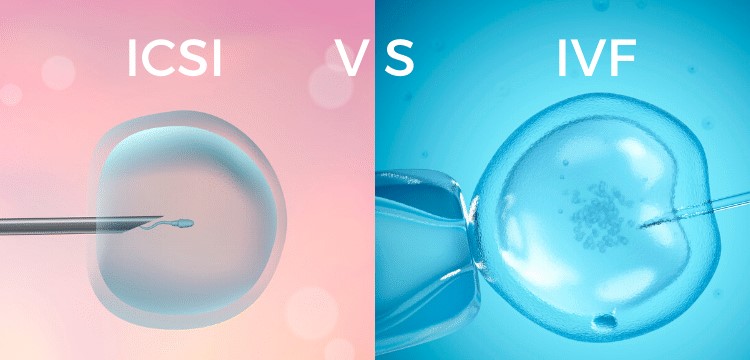- Definition: ICSI (Intracytoplasmic Sperm Injection) is a specialized procedure used in IVF (In Vitro Fertilization) to aid in the conception of a test tube baby by injecting a single sperm directly into an egg.
- Purpose: ICSI is primarily used to overcome male infertility issues, such as low sperm count, poor sperm motility, or abnormal sperm morphology, which can hinder natural fertilization.
- Procedure Steps:
- Egg Retrieval: Eggs are collected from the female partner's ovaries.
- Sperm Collection: Sperm is obtained from a semen sample or directly from the testicles.
- Injection: A single healthy sperm is selected and injected into the egg using a fine needle.
- Embryo Development: The fertilized egg is monitored in a laboratory to ensure proper development.
- Embryo Transfer: The resulting embryo is transferred to the female partner’s uterus for implantation.
- Benefits: ICSI offers higher fertilization rates than traditional IVF methods and provides a solution for couples with severe male infertility or previous IVF failures.
- Success Rates: The success rates of ICSI are comparable to or slightly higher than conventional IVF, depending on factors such as the age and health of the partners, as well as the quality of the eggs and sperm.
- Risks: Potential risks include multiple pregnancies and a slight increase in genetic abnormalities, although these risks are generally minimal.
- Requirements: ICSI requires specialized skills and equipment, making it an advanced procedure in assisted reproductive technology.
- History: ICSI was first successfully used in 1992 and has since become a widely adopted technique in fertility clinics globally.
- Ethical and Legal Aspects: Ethical considerations and informed consent are crucial due to the invasive nature of ICSI. Legal regulations regarding ICSI vary by country and region.
- Current Use: Today, ICSI is a standard procedure in many fertility treatments, offering hope to couples striving to conceive a test tube baby, especially those facing significant male infertility challenges.
ICSI has revolutionized the field of assisted reproductive technology, making the dream of having a test tube baby a reality for many couples struggling with infertility.




.png)

Comments